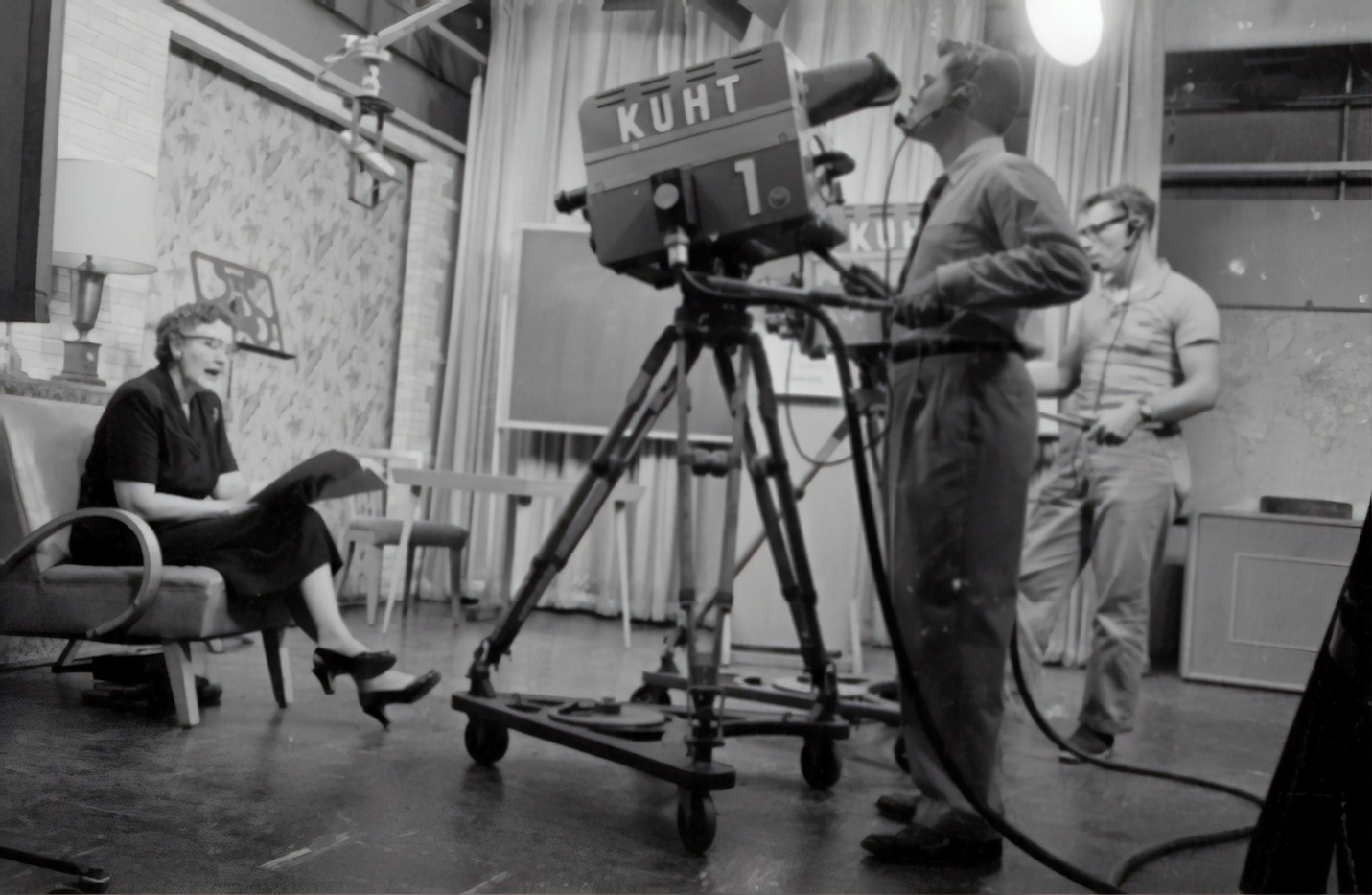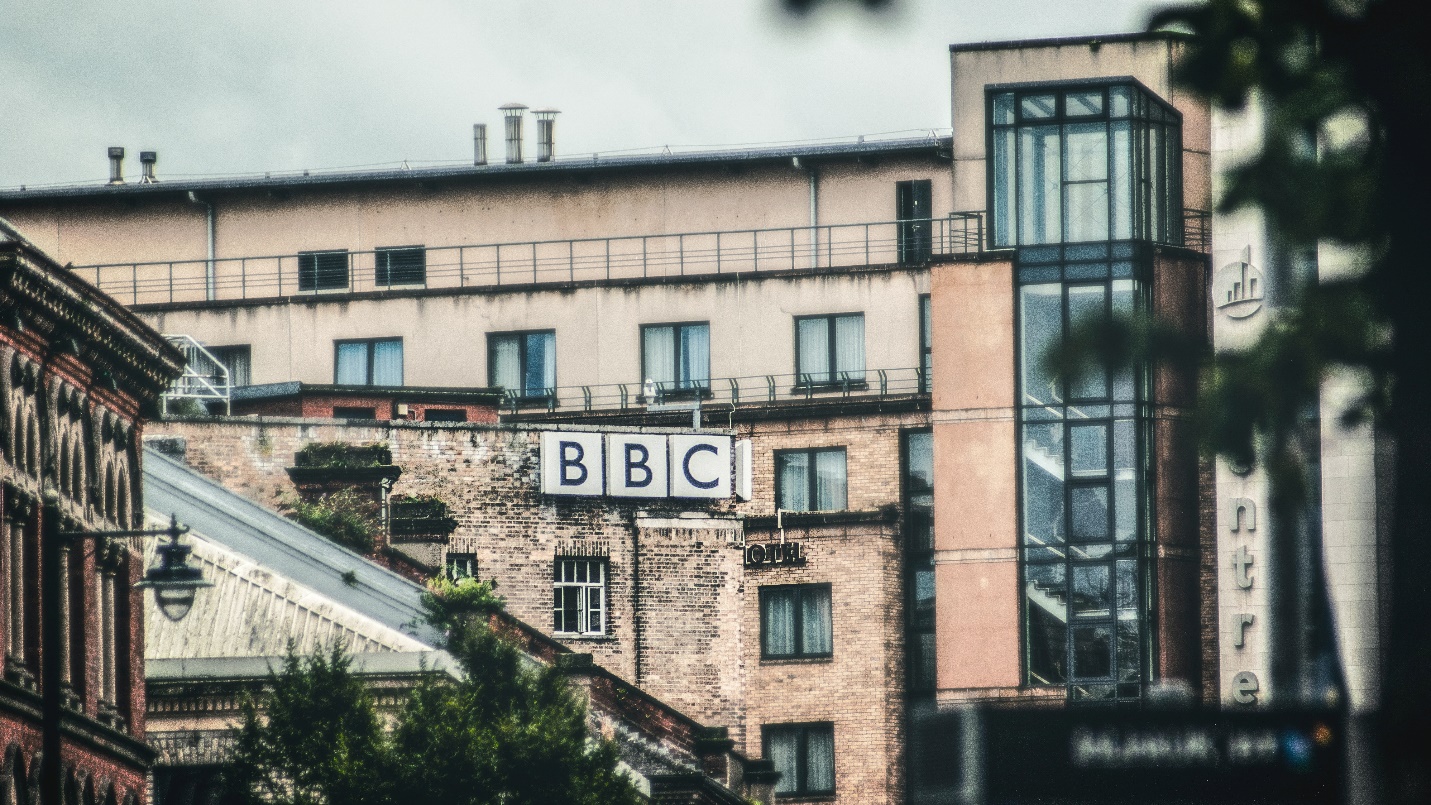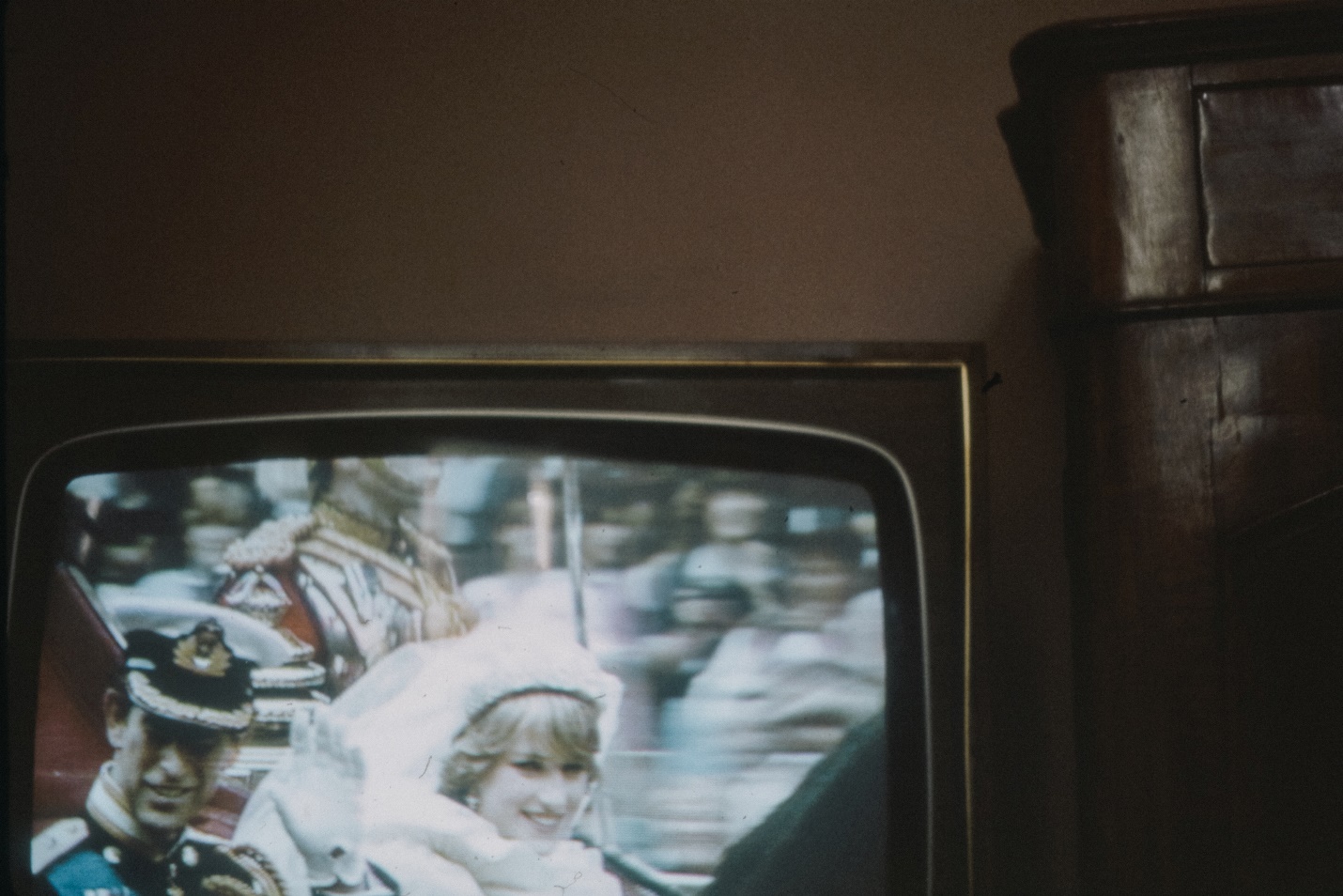 Source: https://unsplash.com/photos/R7G3kcwuiY4
Source: https://unsplash.com/photos/R7G3kcwuiY4
The first television broadcasts and experiments took place in 1927; however, in the UK, regular television broadcasts didn’t start until 1936 as a public service with no advertising. While, with the establishment of high-power BBC transmitters at Sutton Coldfield near Birmingham, England, and later Holme Moss in West Yorkshire, England, which gave limited reception along parts of the East coast, was first received television in Ireland in 1949. Newspapers, radio, and television shows have been the three main forms of media in western culture for most of the 20th century. A person name made the first television of John Logie Baird in the early 1920s, and it has since evolved into the main form of media for the latter half of the 20th century.
History of TV Broadcasting in the UK
 Source: https://unsplash.com/photos/psIGDb9vxhA
Source: https://unsplash.com/photos/psIGDb9vxhA
In 1922, the British Broadcasting Corporation was founded, following the initial experimental transmissions in America in the 1920s. Still, television broadcasting did not start until 1936, when an estimated 23,000 people watched the inaugural broadcasts. Television was declared to be unimportant and was discontinued in 1939. Due to the high cost, short broadcasting hours, and poor reception of television sets, the radio enjoyed enormous popularity throughout the war and several years after. John Reith, the BBC’s director general, predominated the organization by negotiating a stance that gave the BBC independence from the government and market demands.
The BBC maintained a monopoly on broadcasting until the 1950s. By 1957, ITV had captured three-quarters of the broadcasting public with a combination of well-liked shows, candid and curious journalism, and election coverage.
The years between 1964 and 1979 are referred to as the “golden age of broadcasting,” during which ITV provided a more effective public service while the BBC established a “cosy duopoly.” Early in the 1980s, Britain had many political and economic issues and was split. Because of the societal upheaval, Channel 4 was established in 1982 under the Broadcasting Act, a free market station that aired high-calibre but contentious programming.
History of TV Broadcasting in Ireland
 Source: https://unsplash.com/photos/k9do7BkJxlE
Source: https://unsplash.com/photos/k9do7BkJxlE
On January 1, 1926, regular radio broadcasting in Ireland got underway. But ten years after the launch of BBC radio, in 1932, the state-owned Radio Éireann started airing. The secretary at the Department of Posts and Telegraphs, Leon O’Broin, constituted a committee on Irish television in 1950. The Committee certainly supported establishing a public service rather than a commercial one. Furthermore, the government established the Television Commission, with its first meeting on April 9, 1958, to review all the various suggestions. A selection of consortiums was eventually given.
On July 13, 1959, the law needed to create the television authority would be written under the supervision of Leon O’Broin’s office, and it would become the Broadcasting Authority Act 1960. On June 1st, 1960, Raidió Teilifs Éireann (RTÉ) was founded (as Radio Éireann). The authority’s first chairman was Eamonn Andrews, who served until 1964.
In Ireland, the first colour broadcasts debuted in 1968. On the other hand, the Late Late Show remained in monochrome until 1976, while they did not provide full-time colour services until 1973. As the country of Ireland’s first independent commercial broadcaster, TV3 debuted on September 20, 1998. With the introduction of Eir Sport 1 and Bubble Hits in the 2000s, a television in Ireland grew. In October 2010, Ireland started transitioning to free-to-air digital terrestrial television (DTT). It increased the number of public service channels available to viewers, i.e., commercial services with the potential for new public service channels from the existing public service broadcaster.
Conclusion
Lastly, to sum up, a television network, often known as a television broadcaster, is a telecommunications network that distributes television programme content to several television stations or pays television providers from a central location. Most of the world’s terrestrial networks dominated television programming until the mid-1980s. Numerous early radio networks gave rise to early television networks (such as NBC, ABC, or BBC). As the British Broadcasting Corporation (BBC), a significant global television network, is arguably best recognised for its news service BBC News. The BBC is a Crown-owned company that primarily serves the United Kingdom. While on the other hand, Ireland commenced its broadcasting services after BBC. While regular television broadcasts debuted on December 31, 1961, the radio service went on air on January 1, 1926. Ireland’s public service broadcaster, Raidió Teilifs Éireann (RTÉ), is among the oldest public service broadcasters in the world.

Muhammad Asfandyar is a lawyer having extensive experience in creative content writing, proofreading, legal and academic research writing. He can be reached at asfandyar.edw@gmail.com
